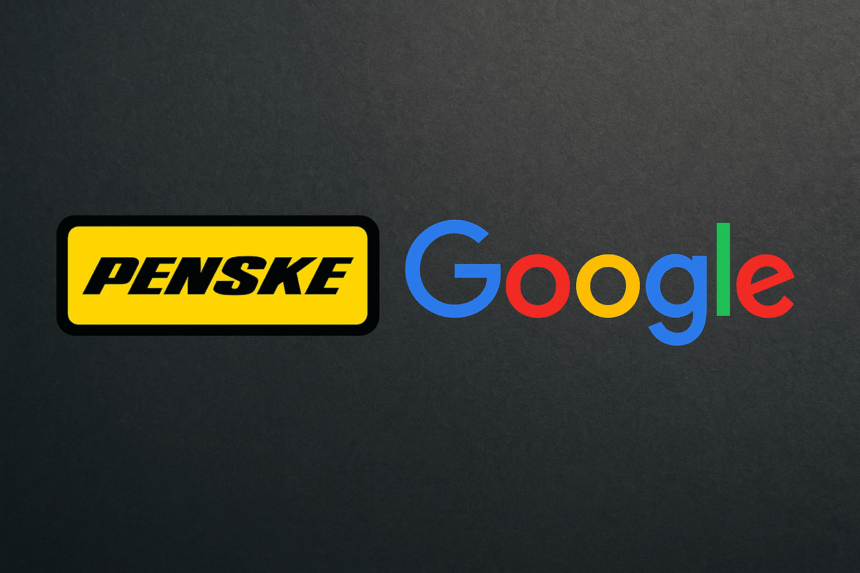Penske Media, the owner of Rolling Stone, Billboard, and Variety, has filed a lawsuit against Google. The lawsuit alleges that the tech giant’s AI Overviews feature uses its journalism without consent. Furthermore, it claims this is damaging its business by diverting traffic and revenue.
What’s Happening & Why This Matters
The lawsuit, filed in federal court in Washington, D.C., marks the first time a major U.S. publisher has taken legal action against Alphabet-owned Google over AI-generated search summaries, with a specific focus on the controversial AI Overviews lawsuit. These AI Overviews, which appear at the top of search results, provide users with direct answers instead of linking them to original reporting.
Penske argues that this practice erodes advertising and subscription revenue by keeping readers within Google’s ecosystem. According to the company, 20% of Google searches linking to its sites now display these summaries. This figure is expected to rise sharply. As a result, Penske reports that affiliate revenue has dropped by more than a third since its peak in late 2024.
Penske Media CEO Jay Penske emphasized the stakes, stating,
“We have a responsibility to proactively fight for the future of digital media and preserve its integrity – all of which is threatened by Google’s current actions.”
The company contends that Google leverages its dominant search market position, holding nearly 90% market share in the U.S. This is used to pressure publishers into allowing their content to be used for AI summaries without compensation. Without this leverage, Penske argues, Google would need to pay licensing fees to republish content or train its AI systems.
Broader Industry Concerns
Penske is not alone in its concerns. Other publishers and industry groups, such as the News/Media Alliance, have warned that AI-powered search tools create an uneven playing field. CEO Danielle Coffey criticized Google for avoiding the AI licensing agreements that companies like OpenAI have signed with News Corp, The Atlantic, and the Financial Times. This highlights the wider implications of the AI Overviews lawsuit.
“When you have the massive scale and market power that Google has, you are not obligated to abide by the same norms. That is the problem,” Coffey told Reuters.
Online education company Chegg also filed a similar lawsuit earlier this year. It claims that Google’s AI summaries undermine demand for original content by reducing traffic to its platform.
Google’s Response
Google defended its AI Overviews feature, arguing that it improves the search experience. The company believes it increases visibility for a wider range of websites. Google spokesperson Jose Castaneda stated that the responses presented in the AI Overviews lawsuit have been misunderstood.
“With AI Overviews, people find Search more helpful and use it more, creating new opportunities for content to be discovered. We will defend against these meritless claims.”
A recent antitrust court victory bolsters Google’s legal position. Earlier this month, a judge ruled that Google would not be forced to sell its Chrome browser, disappointing many publishers. They hoped for reforms that might limit Google’s dominance in search and AI-driven tools.
The Rising Tension Between Publishers and AI
At the heart of this legal battle is the broader tension between traditional publishers and AI-driven platforms. As Google and competitors like OpenAI’s ChatGPT integrate more AI-generated content into their services, publishers fear being cut out of the digital value chain entirely. This aspect connects directly to the concerns highlighted in the AI Overviews lawsuit.
The lawsuit underscores a growing debate over whether AI companies should license content from publishers, as OpenAI has begun to do. Alternatively, they could rely on publicly available data without direct compensation. Google’s slower pace in signing licensing deals has further fueled dissatisfaction among content creators and news organizations.
TF Summary: What’s Next
The Penske lawsuit represents a watershed moment in the clash between tech giants and traditional media. If successful, it could force Google to negotiate licensing deals, similar to those signed by OpenAI. This may even reshape how AI-generated content is integrated into search engines.
MY FORECAST: As AI technology continues to advance, the outcome of this case will influence how digital media organizations protect their intellectual property and revenue streams in an increasingly automated online ecosystem. Publishers around the world will be watching closely. They want to see if Penske’s challenge sparks a broader movement to hold tech companies accountable, especially in light of the ongoing AI Overviews lawsuit.
— Text-to-Speech (TTS) provided by gspeech


